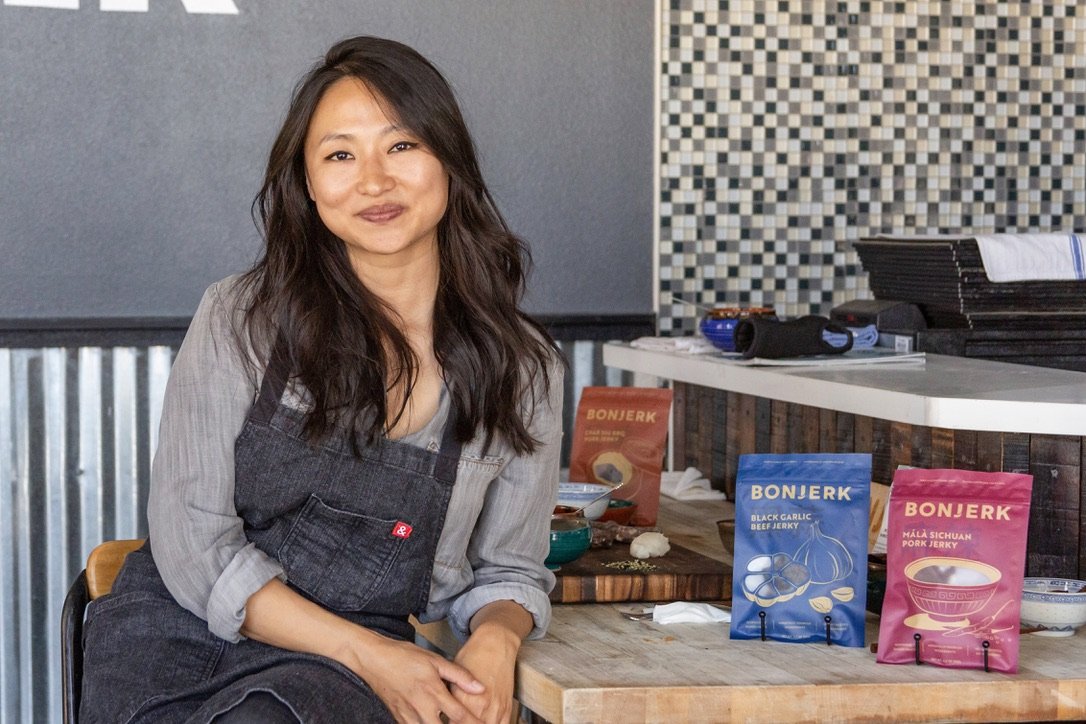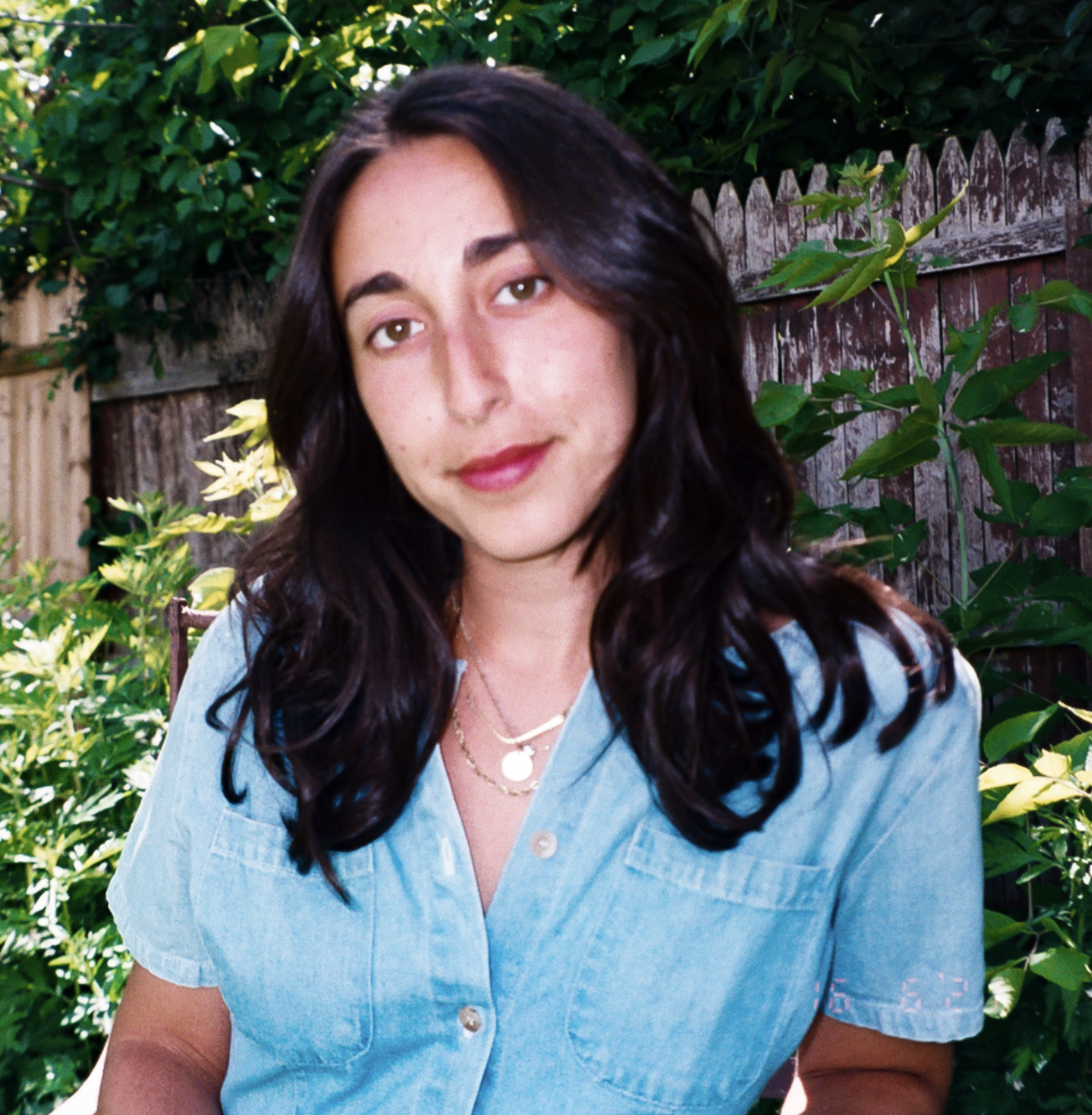
2023
KTC
registration is closed
〰️
registration is closed 〰️
Details
A VIRTUAL series of 6 conversations (2nd Wednesday of every month) March thru August, with two guests featured at each 1.5 hour long chat. Expect thought-provoking conversation, breakout room discussions, and mentorship opportunities!
10am PST | 11am MST | 1pm EST
April 5th | May 12th | June 14th | July 12th | Aug 9th
Cost
There is a suggested donation of $75.00 for the series to allow us to continue offerings and expanding our programming. We aim to make our offerings accessible to everyone and anyone. If this is not feasible for you, please donate what feels good to you.
Is Women in Ranching, Women's Good Meat Network, or the Kitchen Table Chats for ME?
Our respective organizations, programs, and collaborations ARE for you, for your mother, sister, aunt, grandmother, daughter, neighbor, friend. Our goal is to create a space that feels safe for anyone who is trying to carve out a space for themselves in an industry that doesn’t always seem to make it for them. Our Kitchen Table Chats, and all of our respective programs, are for anyone who identifies as a woman, no matter the complexity, and who feels called to cultivate a reciprocal relationship with land, animals, and community. If this speaks to you, we welcome you!
MARCH 3rd
DATE SPRING CONFLUENCE 2023
Living and Working Your Values
Theme
Irene Li of MeiMei Dumplings and Prep Shift consulting and Anica Wu of Bonjerk are each on a mission to run consumer packaged goods businesses that align with their personal value and feed their communities. For this Kitchen Table Chat, their second chat in the past year, they’ll continue to explore questions around food, culture, and identity, as well as the themes of entrepreneurship and leadership, how to build and maintain fruitful and trusting relationships between farms and ranches and retail vendors, and the financial realities of running restaurants and consumer packaged goods companies.
-
Anica is a whole-animal butcher and founder of Bonjerk—an East Asian-spiced jerky company based in San Francisco. She is a first-generation Chinese American. In the years of growing up in Kansas, where Asians were the minority, food was a means for her family to keep traditions alive and celebrate their Chinese culture. Her love for food, especially meat, led her to the realization that Good Meat was mostly absent from Chinese grocers in America. Experimenting with jerky recipes became a way for Anica to rediscover and share flavors connected to her Chinese heritage with friends and family. In 2018, she started training as a whole-animal butcher and began her journey into the regenerative meat industry. Learning this craft has helped her to realize just how much work is required to get meat on our plates. It made her think about ingredients differently, the experience of eating food differently, and she was empowered by the control small farmers had over how the animal and land was treated. Alongside making some seriously delicious jerks, her hope is to be able to share her butchery skills, and to help grow a support system for others, especially women, in food and agriculture.
-
Irene Li (she/hers) opened Mei Mei Restaurant in Boston in 2013 and has spent the years since driving the industry forward in ethical sourcing and fair and transparent employment practices, including open book management. Now, Irene and her team are evolving Mei Mei into a packaged dumpling company. During COVID, she co-founded Project Restore Us, whose mission is to serve working immigrant families by raising funds and paying restaurants to package and deliver culturally relevant grocery staples to their doorsteps.
Today, Irene’s focus is on transforming the restaurant world into an industry in which worker's needs and potential are taken seriously. She believes that professionalizing and dignifying restaurant employment has the potential to uplift millions of workers and small business owners. Inspired by her peers, team members, and experiences in the industry, she is building Prepshift, a tech tool that supports businesses of all sizes to thrive sustainably and equitably. Irene is an Eater Young Gun, Zagat 30 Under 30, and Forbes 30 Under 30 winner, six-time James Beard Foundation Rising Star Chef nominee, and 2022 James Beard Foundation Leadership Award winner.
APRIL 5TH
DATE 10am PST | 11am MST | 1pm EST
Relations with the Land: connecting through Food, Land Care & Human Creativity
Theme
Hannah and Nora bring a fresh perspective to the table by sharing their beginners journey into ranching. As Latina women with little experience entering a field where they don’t often see themselves represented, Hannah and Nora's path has been a nontraditional yet organic one.
Pushed by the discomforts of a broken food system, they began seeking ways to further their love and knowledge of food making in a way that felt more intentional - by asking how to best honor and care for the land and learning what it takes to raise animals.
Sit with them as they explore the ways in which food making, creativity and community building weave their way into their ranching experience and what it looks like to create the spaces you want to inhabit.
-
Nora is the first of her family to ranch outside of Mexico. Diving into the world of agriculture has allowed her to merge her love of making food with her roots. In learning to tend to the very grass that feeds the animals, to tend to the animals themselves, and turn their meat into food she has gained a better understanding of her family's history. In doing so, she has redefined her own role as a community builder in this movement. Through Masa Ruda, a food making project that she runs in Texas, she focuses on intimate dinners and pastry popups, using locally sourced ingredients. At these events she also ties in her experience of ranching in Northwestern Wyoming, sharing the importance of knowing where our food comes and the impact that has on how it nourishes us.
-
Hannah Luz Rice is an aspiring rancher, avid cyclista, community builder, lover of the land, and advocate for food justice. Her career path in agriculture is just beginning, but her connection to nature and food is deeply rooted. After studying Geography with an emphasis in environmental studies at Weber State University, she worked a variety of jobs, including backcountry camp cook, goat herder, line-cook for a farm-to-market restaurant, and ranch hand for a cattle ranch in Arizona. In October, 2022, Hannah began working as a Ranch Educator + Ag Stewardship Outreach Specialist for the University of Arizona Extension Program, where she empowers young people to pursue career paths in agriculture and weave connections between the land and raising food from pasture to plate.
Hannah’s experience as a Latina woman piecing together her path has been challenging at times. With optimism, self-motivation, and a strong support system of friends and mentors, she continues to pursue her dream of owning a small-scale operation, upholding the belief that all peoples have the right to healthy and culturally appropriate foods produced with reverence and respect for the land and animals.
MAY 10th
No BS: Confronting Preconceptions, Misconceptions, and Yourself on the Kill Floor
DATE 2pm PST | 3pm MST | 5pm EST
Theme
Anna Borgman and Marena Gray both stand at 5’4 tall, but that doesn’t stop them from excelling on the kill and cutting floor. In this conversation, Anna and Marena, both women working in slaughter and processing, will consider how they navigate and work to change the culture of their industry, and their efforts to foster a deeper, more thoughtful connection to the work. They will discuss how they both came to find their place on the kill floor, the quiet and focus it provides them, and the opportunity it gives them to truly be who they need to be. Through this discussion Anna and Marena will consider how being slaughter women have made them more aware of their own physicality, and relationship with mortality. Don’t miss this unique and engaging Kitchen Table Chat!
-
Anna Borgman is a slaughter(wo)man, butcher, and cook living in Southwest Montana. She grew up raising 4-H sheep in Central Oregon and spent her college years ski-bumming around Utah. After a decade of working in restaurants, it was a waitressing stint at a French restaurant in Australia that finally piqued her interest in food. She returned to Oregon where she attended culinary school and went on to earn a Master’s Degree in Food Systems Policy and a Master’s Certificate in Natural Resource Policy. She moved to Montana in 2019 where she started working as a line cook, taught herself to hunt, and started her own business: Forage Fed. Through Forage Fed, she teaches butchery, baking, fermentation, and wine classes with an emphasis on the intersection of food systems policy and natural resource management. She currently works full-time on the slaughter floor at a small state-inspected meat shop near Bozeman, Montana. When she’s not working, she’s wrangling her two Australian shepherds, learning blacksmithing from her knife-maker boyfriend, building a house, and writing articles for Meat Eater.
-
Marena Gray is an Asian American woman from Hillsboro, Oregon. She has a storied history in the food industry. She has dedicated her passion to the art of butchery for the last ten years, and has for the last four years, balanced that passion with that of a devoted mother.
JUNE 14TH
In this conversation about storytelling, Chiara Hollender and Trina Moyles explore what it means to tell stories from an ethical standpoint and the importance of reciprocity in their storytelling work. Both women are deeply inspired by the voices of women and the voices of nature, and have sought out careers to uplift marginalized stories in land stewardship, food sovereignty, and wildlife conversation. Together they will discuss what drives their passion for telling stories from all around the world, and the barriers they face to bringing important stories to light.
Theme
DATE 10am PST | 11am MST | 1pm EST
Ethical Storytelling
-
Trina Moyles is an author, journalist, and creative producer. Her work is inspired by rural communities and relationships with land, wildlife, food security, and climate change. She is the author of two award-winning books, including Women Who Dig: Farming, Feminism, and the Fight to the Feed the World (2018) and Lookout: Love, Solitude, and Searching for Wildfire in the Boreal Forest (2021). In 2022, she was recognized by the Lieutenant Governor of Alberta Arts Awards as an Emerging Artist in Alberta, one of the most prestigious literary honours in the province. https://artsawards.ca/artist/trina-moyles/
She is currently working with Alberta-based filmmaker, Anna Kuelken, to produce the Women Who Dig documentary film based on the Canadian chapter in her book. Her much anticipated memoir about learning to coexist with bears, Black Bear, will be published with Knopf Canada in the Spring 2025.
-
Chiara Hollender is an Iranian-American filmmaker and storyteller based in New England. Hollender's work is deeply empowered by the work of women, and the complexity of nature. She seeks to disrupt the homogenization and colonization of women's voices, and has been called to capture stories that focus on healing. In the documentary space, Chiara has collaborated with Radical Media, Discovery+, PBS, SLMBR PRTY and more. Her documentary work has been screened at DOC NYC, Wild & Scenic, DCEFF, New Filmmakers Los Angeles, Oregon Documentary Film Festival, Imagine This Women's Film Festival, and more.
JULY 12TH
DATE 10am PST | 11am MST | 1pm EST
Following the Breadcrumbs: Finding Your Pathway to Meaningful, Impactful Work
Theme
Where and who do you come from and how does that inform what you do now? Cole and Diane will gather at our kitchen table to share their own “breadcrumb stories." They will explore how coming from urban/peri-urban backgrounds motivated them to have a deeper, more intimate connection to food and how these backgrounds inform their approach to the collaborative and disruptive work they engage in at Shepherdess Land & Livestock. Join Diane and Cole for an engaging discussion about how they both arrived where they are now: running a queer and women-led business that connects them with who, where, and what they came from, while simultaneously translating that to the modern world and breaking systemic oppression in their everyday work.
-
Cole Bush describes herself a modern-day shepherdess, shepherding animals, people and projects. She is a practitioner, entrepreneur, educator, and consultant in the fields of climate-beneficial agriculture, land stewardship, and prescribed grazing with sheep and goats and is based out of Southern California. With over a decade of experience, Cole has developed and managed targeted grazing projects, successfully treating thousands of acres on private and public lands for ecological enhancement and fire hazard reduction throughout California. She is the owner operator of Shepherdess Land and Livestock Co., her commercial-scale prescribed grazing outfit and Shepherdess Holistic Hides, purveying tanned sheep and goat hides that are mindfully sourced from byproducts from animals "raised and grazed" in the west. Cole is dedicated to training new entrepreneurs and practitioners in meaningful and impactful work, and provides consultation and technical assistance services for climate smart agricultural and land stewardship projects.
-
Diane Anastasio is a weaver and shepherd currently working with Shepherdess Land & Livestock in Ojai, California. She arrived in agriculture through overlapping explorations of food systems, nutrition, and a deep desire to carry on the work of her agrarian ancestors. Her textile work is inspired by her Italian-American upbringing and by the landscape, food and culture of Sicily. Her mission as a land-based weaver is to exemplify the full circle of wool production, from raising sheep on pasture, to breathing new life into their wool in the form of utilitarian pieces of art that serve as reminders of the ancient relationship between humans and sheep. Before working with Shepherdess Land & Livestock, Diane worked as a nutritionist, as a cook in a fermentation-focused Oakland restaurant, and as a butcher, pasta maker and livestock-tender on a Vermont farm. She is passionate about creating accessible pathways into prescribed grazing and has been collaborating on the development of an upcoming graziers training program in California to support new generations of agrarians in the field.
AUGUST 9TH
owning your leadership space in male dominated spaces: a sheep story
DATE 10am PST | 11am MST | 1pm EST
Theme
Gina and Carlin will discuss the assumptions and barriers they faced breaking into a male dominated industry as beginners. They will also talk about their journey to make shearing a healthy, sustainable career as they learn to prioritize their mental and physical health as well as family/motherhood.
-
Gina Gouveia started Moonrise Shearing seven years ago. Based out of northern New Mexico, Gina shears any size herd/flock of sheep, alpacas, llamas, and the occasional goat anywhere from the midwest to the west coast.
-
Carlin Briner is a sheep shearer and farmer living in Western Washington where she co-owns and operates a small-scale pasture-based livestock farm. Several years ago she learned to shear so that she could shear her own small flock of sheep and found herself drawn to shearing as a career by the immense physical and mental challenge as well as the opportunity to meet and work with farmers of all scales and approaches. She does commercial shearing as well as shearing small flocks in the Pacific Northwest
Notes from past participants
Kitchen Table Chats are sponsored by ButcherBox and The Savory Institute.
Interested in being a sponsor? Inquire Here.



















